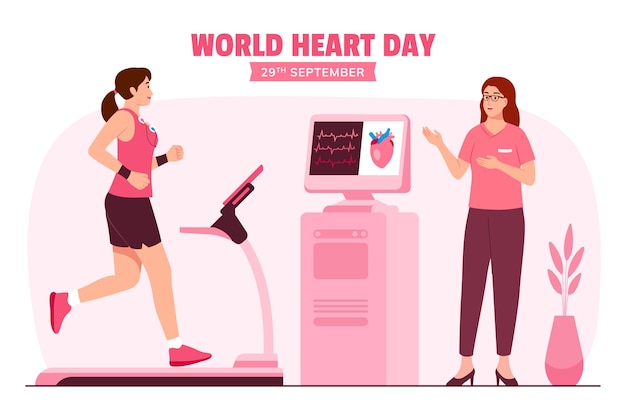When it comes to burning fat and boosting metabolism, cardio is a go-to for fitness enthusiasts. But not all cardio is created equal. High-Intensity Interval Training (HIIT) and steady-state cardio are two popular approaches, each with passionate advocates. So, which one truly wins in the long-term battle for metabolic enhancement?
Let’s start by defining both types of cardio:

Metabolism refers to the chemical processes that keep your body alive—and how many calories you burn daily. The goal of metabolic-boosting workouts is to increase your total energy expenditure, both during and after exercise.
HIIT shines in the afterburn effect, also known as excess post-exercise oxygen consumption (EPOC). After a high-intensity session, your body continues to burn calories at an elevated rate as it repairs muscles, restores oxygen levels, and regulates temperature. Studies show HIIT can boost metabolism for up to 24–48 hours post-workout.
Steady-state cardio, while less intense, increases calorie burn during the workout itself. It’s especially effective for improving cardiovascular endurance and fat oxidation over time. While it doesn’t trigger as strong an EPOC response, it supports sustainable calorie deficits—key for long-term weight management.
The answer? It depends on your goals, lifestyle, and fitness level.
For rapid metabolic spikes and time efficiency, HIIT wins. It’s ideal if you're short on time and want to maximize calorie burn in under 30 minutes. However, it’s demanding on the nervous system and not sustainable daily for most people.
For long-term metabolic health, consistency, and recovery support, steady-state cardio excels. It’s easier to maintain, less stressful on the body, and perfect for active recovery days. As noted in fitness research, steady-state workouts are particularly beneficial for those with certain health conditions or beginners building endurance.
The smartest approach isn’t choosing one over the other—it’s combining both for balanced metabolic benefits.
To see real metabolic improvements, track more than just the scale:
Consistency is king when it comes to metabolism. Use these motivation boosters:
While HIIT delivers a powerful metabolic punch in less time, steady-state cardio builds sustainable habits and supports recovery. For long-term metabolic health, the best strategy is a balanced mix of both—tailored to your lifestyle and goals.
Remember: the best workout is the one you’ll actually do consistently. Whether you’re sprinting or strolling, movement is what fuels your metabolism. Start where you are, track your progress, and stay motivated—one beat at a time.

Fitness

Fitness

Fitness

Fitness

Wellness

Health

Health

Fitness

Fitness

Wellness

Fitness

Health

Health

Fitness

Health

Health